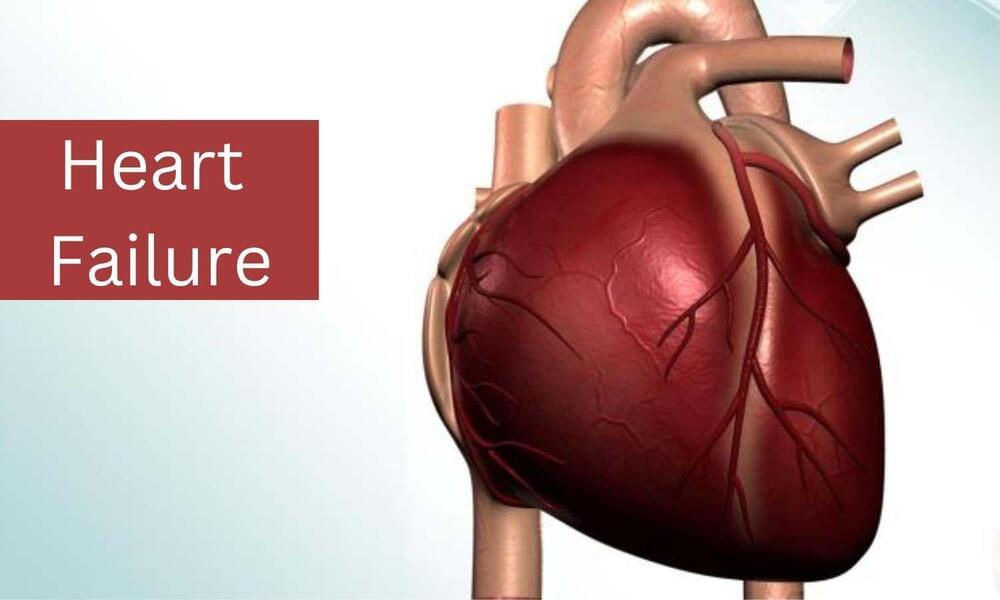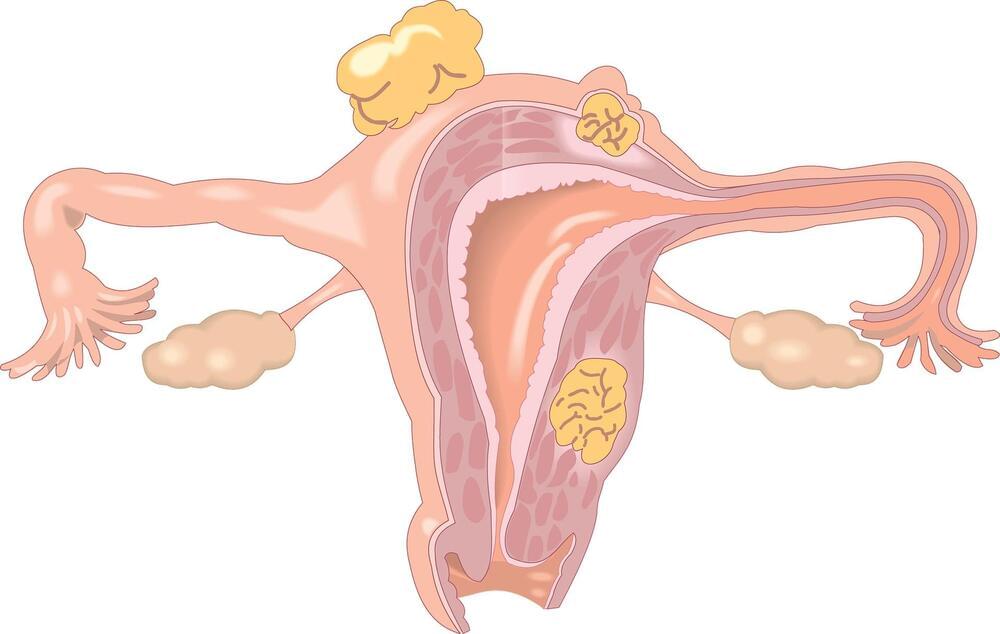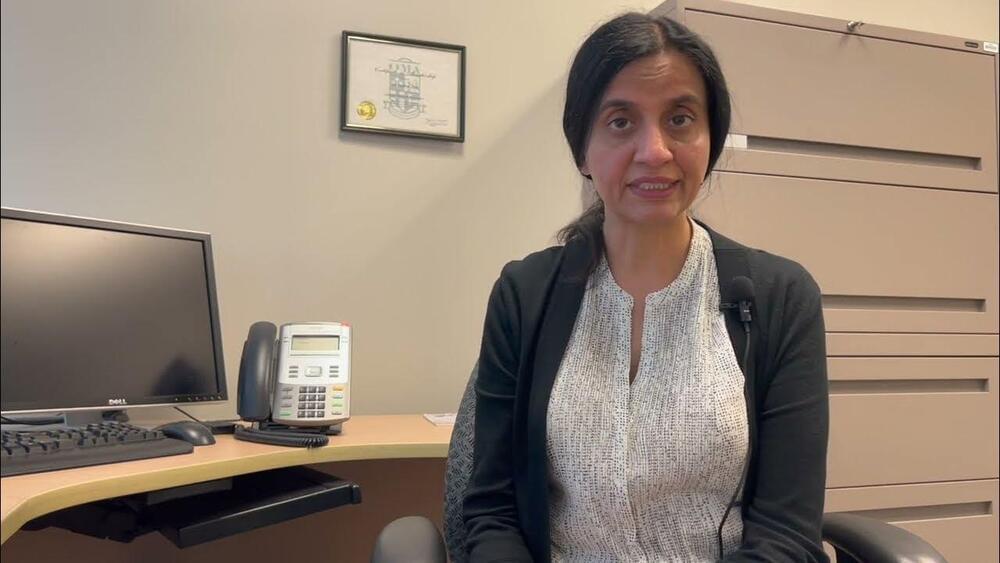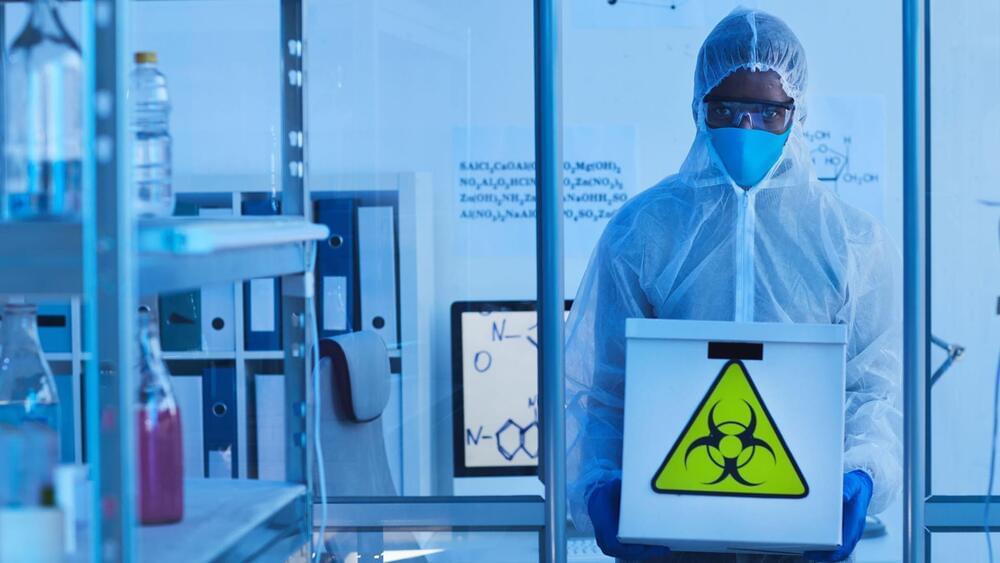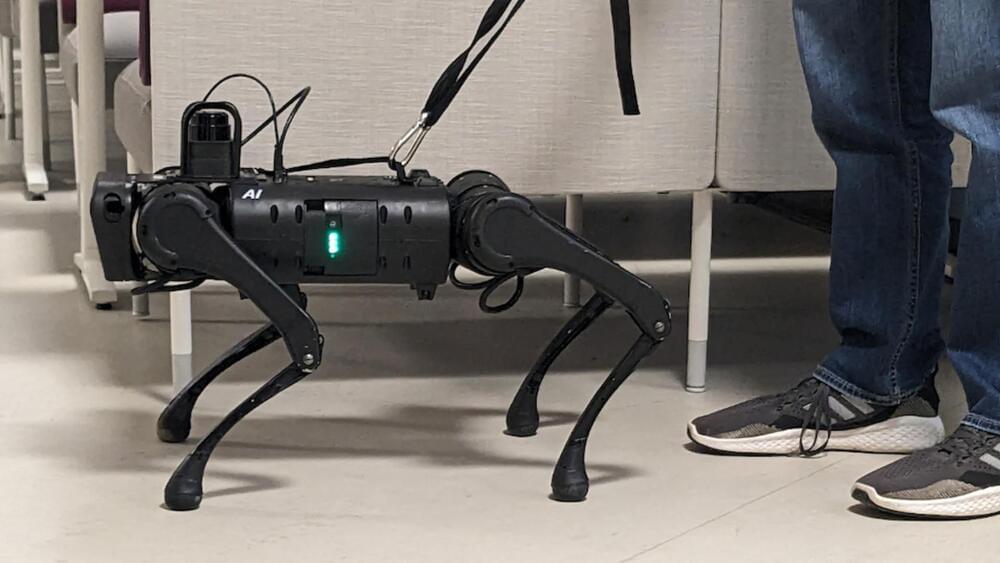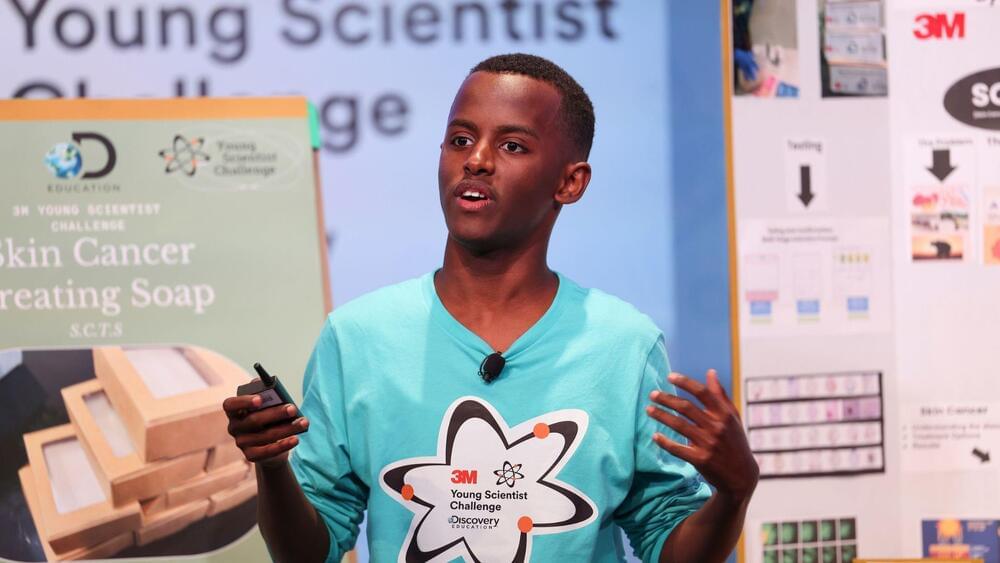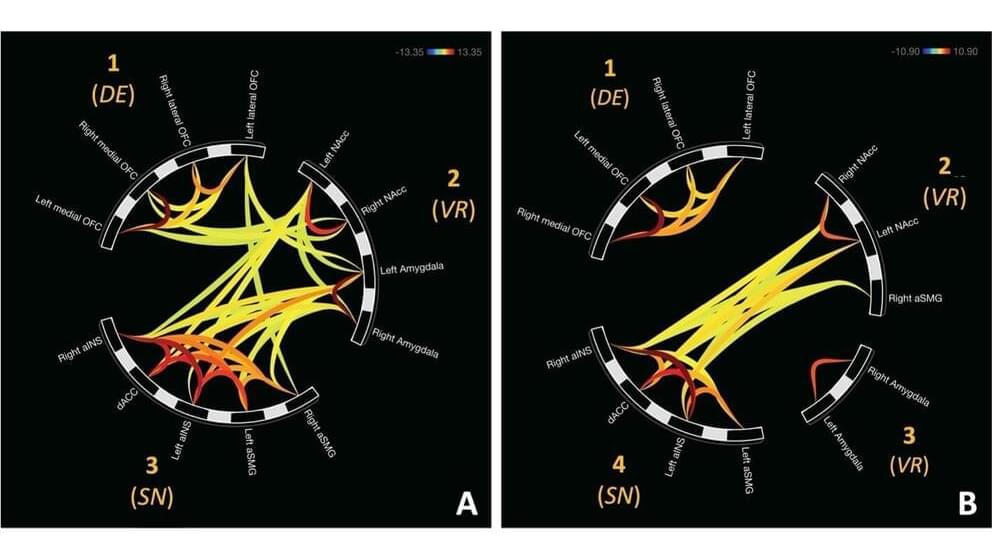Nov 1, 2023
Heart failure no longer death sentence for cancer survivors
Posted by Shubham Ghosh Roy in category: biotech/medical
Cancer patients receiving anthracycline chemotherapy have more than twice the risk of developing heart failure compared to their peers without cancer.1The ground-breaking RESILIENCE project aims to prevent heart failure in patients who need anthracyclines to treat their cancer.
International experts and patients from the project gathered yesterday at the European Heart House, home of the European Society of Cardiology (ESC), as a unique think tank to improve the healthcare and quality of life for patients with cancer.
It is estimated that four million Europeans are diagnosed with cancer every year.2 Anthracycline chemotherapy has a prominent role in treating many forms of cancer-for example, up to 70% of patients with lymphoma receive an anthracycline regimen. Currently, there is no therapy to prevent anthracycline cardiotoxicity.
